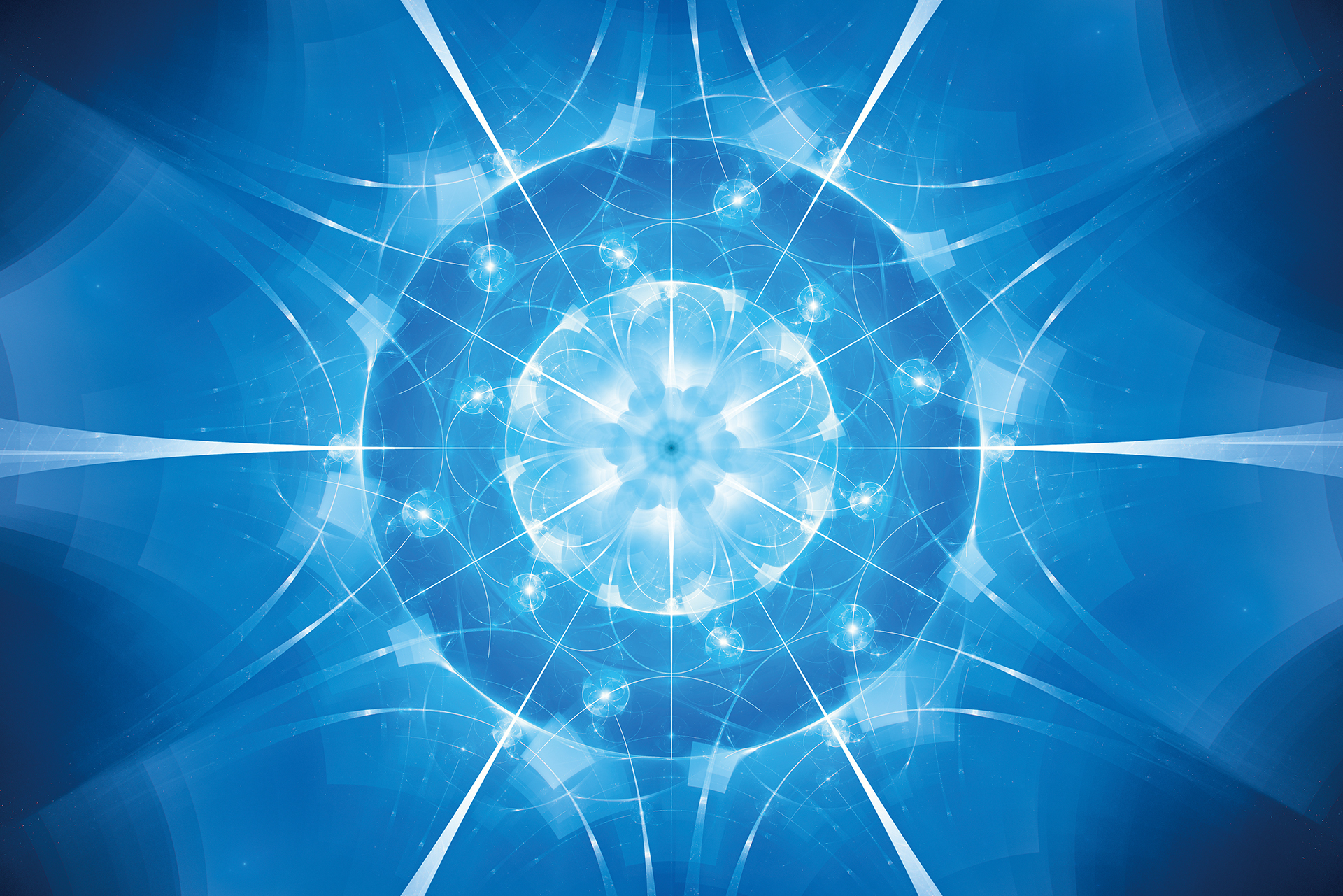


HYPER
Special
Scroll Down
Story
국가 경쟁력, 미래 산업 좌우할
핵심 전략 기술 ‘원자력’
Nuclear Power : The Strategic Technology
Shaping National Competitiveness and Future
우리는 지구 온난화와 기후변화의 시대, 인공지능(AI)과 디지털이 중심이 되는 시대를 살아가고 있다. 그 어느 때보다 전력 수요는 급증하는데, 이를 친환경 에너지로 소화해야 하는 난제를 마주하게 된 것이다. 최첨단 산업 발전과 탄소중립, 이 두 가지 목적을 동시에 달성하기 위해서는 재생에너지와 원자력, 수소 등 다양한 무탄소에너지원을 적극 활용할 수밖에 없다. 이런 이유로 세계 여러 나라에서 원전이 부활하고 있다.
우리 정부 역시 2050년 탄소중립 달성을 위한 구상으로 원자력 발전 확대와 소형모듈원자로(Small Modular Reactor, SMR)를 비롯한 차세대 원자로 기술 개발을 내세웠다. 우리나라는 1971년 원전 건설을 시작한 이래 아랍에미리트(UAE) 바라카 원전을 포함해 36개 원전을 성공적으로 건설한 나라이자, 세계 원전 발전용량 5위를 차지하는 국가다. 최근에는 원전 1세대 강국인 미국과 프랑스를 제치고 24조 원 규모의 체코 신규 원전 건설 사업의 우선협상 대상자로 선정됐다. 우리나라가 보유한 원전 기술의 우수성을 보여주는 사례다.
원자력 발전은 미래 에너지원의 핵심으로 그 중요성이 커지면서도 안전에 대한 걱정이 동전의 양면처럼 따라붙는다. 에너지 생성 과정에서 방사성물질을 발생시키며, 원자로가 정지된 이후에도 핵연료에서 방사성핵종 붕괴에 의한 열이 오랜 시간 지속되기 때문이다. 원전 건설부터 운영, 해체에 이르는 전 과정에서 무엇보다 중요한 것은 안전성 확보다. 원자력 발전의 비전과 과제에 관해 알아본다.
We are living in an era marked by global warming and climate change, where artificial intelligence (AI) and digital technologies are at the forefront. The demand for electricity is surging more than ever, presenting the challenge of meeting this need with eco-friendly energy sources. To simultaneously achieve the dual goals of advancing cuttingedge industries and attaining carbon neutrality, it is essential to actively utilize a variety of carbon-free energy sources such as renewable energy, nuclear power, and hydrogen. For this reason, nuclear power plants are being revived in many countries around the world.
In alignment with the goal of achieving carbon neutrality by 2050, the Korean government has also proposed expanding nuclear power and developing next-generation reactor technologies, including Small Modular Reactors (SMRs). Since beginning its nuclear power plant construction in 1971, Korea has successfully built 36 nuclear power plants, including the Barakah Nuclear Power Plant in the United Arab Emirates (UAE). Korea ranks fifth in the world in terms of nuclear power generation capacity. Recently, Korea outperformed first-generation nuclear powerhouses such as the United States and France to become the preferred bidder for a KRW 24 trillion nuclear power plant project in the Czech Republic, underscoring the excellence of its nuclear technology.
As nuclear energy gains prominence as a key energy source for the future, concerns over safety remain ever-present. Nuclear power generation produces radioactive materials, and even after reactors are shut down, residual heat from the decay of radioactive isotopes in nuclear fuel persists for an extended period. Ensuring safety is the most crucial aspect throughout the entire lifecycle of a nuclear power plant, from construction and operation to decommissioning. Let’s explore the vision for nuclear energy and the challenges it must overcome.
